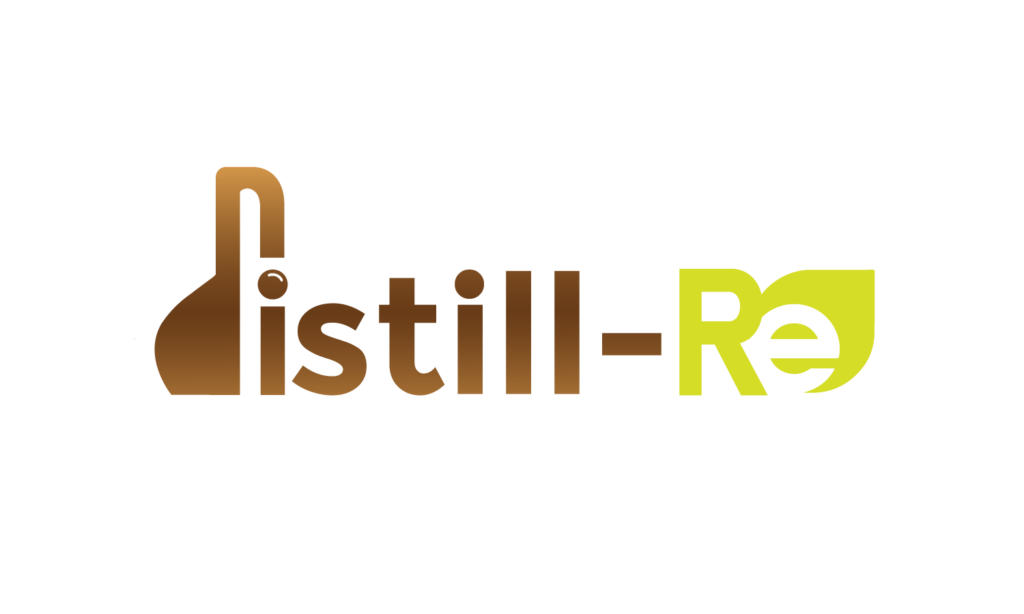Who we are
There are many strategies to reach net zero, one of which is energy transition. Using process optimisation, we aim to create balanced energy transitions in your facility by refining and improving your industrial processes to enhance efficiency, reduce waste and achieve better outcomes. When it comes to sustainability, we focus on minimising environmental impact while maximising energy efficiency and resource utilisation. By implementing a balanced energy transition, we can shift from using fossil fuels to renewable energy sources that not only support economic growth but also ensure the preservation of the environment.
What is an Energy Transition?
An energy transition refers to the shift from reliance on non-renewable energy sources, such as coal, oil and natural gas, to renewable energy sources like solar, wind and hydroelectric power. This transition aims to reduce carbon emissions, combat climate change and promote sustainable energy practices.
At Distill-Re, we use a balanced approach to ensure the energy transition is economically viable, socially equitable and environmentally sustainable. With careful planning and execution, we avoid disruptions and ensure all stakeholders benefit from the transition, helping you achieve your wider business objectives.
Our Process of Process Optimisation and Energy Transition
To ensure only the most appropriate and effective renewable energy is used in your facility, we follow a six step process, from analysis to monitoring, to transform the way your facility works.
1. Energy Assessment
Before any changes can be made, we first conduct an energy assessment to evaluate energy consumption patterns, identify areas of inefficiency and determine potential improvements. This audit provides a baseline for measuring progress and setting realistic goals. When identifying inefficiencies, we pinpoint outdated equipment, energy wastage and suboptimal practices that contribute to higher energy consumption and costs.
2. Define Sustainability Goals
Defining sustainability goals is key to ensure all stakeholders are on the same page. By setting clear and achievable sustainability goals, we can not only work together to ensure your distillery meets net zero requirements but also create goals that align with your business’s strategic objectives to help drive business growth and competitiveness.
3. Incorporating Renewable Energy
Renewable energy sources, such as solar, wind, hydro, green hydrogen and geothermal, offer sustainable alternatives to fossil fuels that can help reduce your carbon emissions, lower energy costs and enhance overall energy security. By starting with reviewing energy sources, we can help target our efforts for energy efficiency at the root, reducing carbon emissions throughout the distillery process.
4. Upgrading Technology and Practices
Once we have incorporated renewable energy sources into your process, we will then take a look at how your equipment functions. Investing in modern, energy efficient equipment can significantly reduce energy consumption and reduce waste. This includes technology such as, insulation, variable speed drives, high-efficiency motors and advanced sensors.
5. Implementing Decarbonisation Technologies
At Distill-Re, we offer a range of net zero solutions to ensure energy that cannot be reduced is not wasted. With Heat Pumps, Mechanical Vapour Recompression and Thermal Vapour Recompression, you can lower your energy consumption and reduce your environmental impact by recycling this wasted energy into something more useful for other processes within your distillery.
6. Monitoring and Evaluating
Once all the pre-agreed net zero solutions have been installed, you must regularly analyse the performance of each area to ensure you meet your net zero targets. By establishing key performance indicators (KPIs) such as energy consumption metrics, carbon emissions and cost savings, you can see the benefit of the net zero solutions and make adjustments where needed.
Convert Your Energy Resources to Renewable Alternatives with Distill-Re
The road to energy efficiency and net zero starts at the source. That’s why we offer energy transition services to reduce your carbon emissions from the root by replacing the use of fossil fuels with more eco-friendly alternatives such as wind, solar and hydroelectric power. To start your journey to net zero, get in touch with our experts today and switch to renewable energy.
FAQs
What is energy transition?
Energy transition refers to the global shift from fossil fuel-based energy systems to more sustainable, low-carbon energy sources and technologies. This process involves transitioning away from traditional energy sources like oil, natural gas and coal and towards renewable energy sources such as solar, wind and hydroelectric power.
How do energy transitions work?
At Distill-Re, we follow a six step process to shift your facility from using fossil fuels to renewable sources. The steps we take include:
- Conducting energy assessments
- Defining sustainability goals
- Incorporating renewable energy sources
- Upgrading existing technologies and practices
- Implementing decarbonisation technologies
- Monitoring and evaluating the energy transition
What are some common challenges in the energy transition process?
Some common challenges you might encounter during the energy transition process include high initial costs, technical complexity, stakeholder resistance, and the need for continuous monitoring and adjustment. Our experts at Distill-Re will guide you throughout the energy transition process and beyond to ensure you get the most out of this net zero solution.

